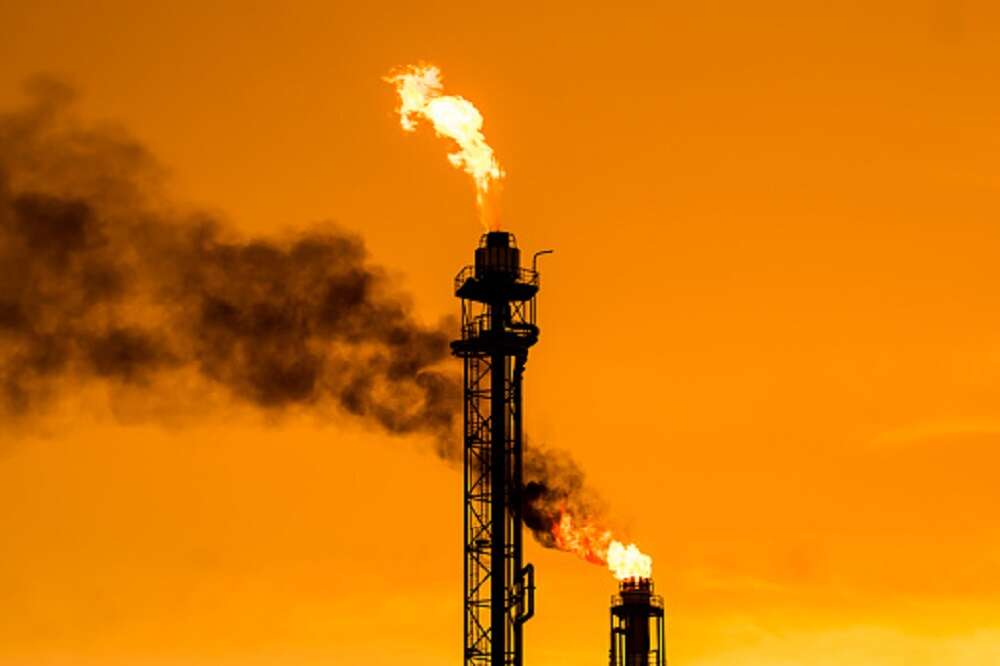 MELBOURNE: Australia's Queensland state said on Tuesday it would raise its petroleum royalty rate to 12.5% from 10% from July, a surprise move coming at a time when the state is looking to encourage new gas supply for the domestic market.
MELBOURNE: Australia's Queensland state said on Tuesday it would raise its petroleum royalty rate to 12.5% from 10% from July, a surprise move coming at a time when the state is looking to encourage new gas supply for the domestic market.The move will hit gas producers in the northeastern state, led by Royal Dutch Shell, Origin Energy and Santos -- all of which supply three liquefied natural gas (LNG) export plants and the domestic market.
The higher rate is expected to raise an extra A$476 million ($331 million) across the four years to 2022-23, the state said in its annual budget released on Tuesday. Royalties are paid based on value at the well-head.
"This will make Queensland gas less competitive and will risk jobs and future investment and the creation of jobs," the Queensland Resources Council Chief Executive Ian Macfarlane said in a statement.
The state said the higher royalty rate was in line with rates in the United States and Canada, where rates are between 12.5% and 30% of the well-head value.
Gas from Queensland has become increasingly important for Australia's southern states, where output from offshore fields has been falling and where bans on onshore gas drilling have held back new supply.
"This tax hike risks the gas supply for all Australians, not only Queenslanders, given Queensland gas suppliers have been doing all the heavy lifting for the gas market," Macfarlane said.
While raising the royalty rate, the state said it would review its petroleum royalty regime to "identify further opportunities to strengthen domestic (gas) supply through the royalty regime settings".
The decision came after the Labor-led state promised to freeze royalties on coal after Labor was hammered in Queensland in a national election in May, amid concerns that the party was opposed to coal developments.
The state estimated it will collect A$5.36 billion in resources royalties in the year to June 2019, up 20% from last year, largely thanks to higher metallurgical coal prices.
It forecasts it will collect A$5.62 billion in the year ahead, mainly due to the increase in the petroleum royalty.